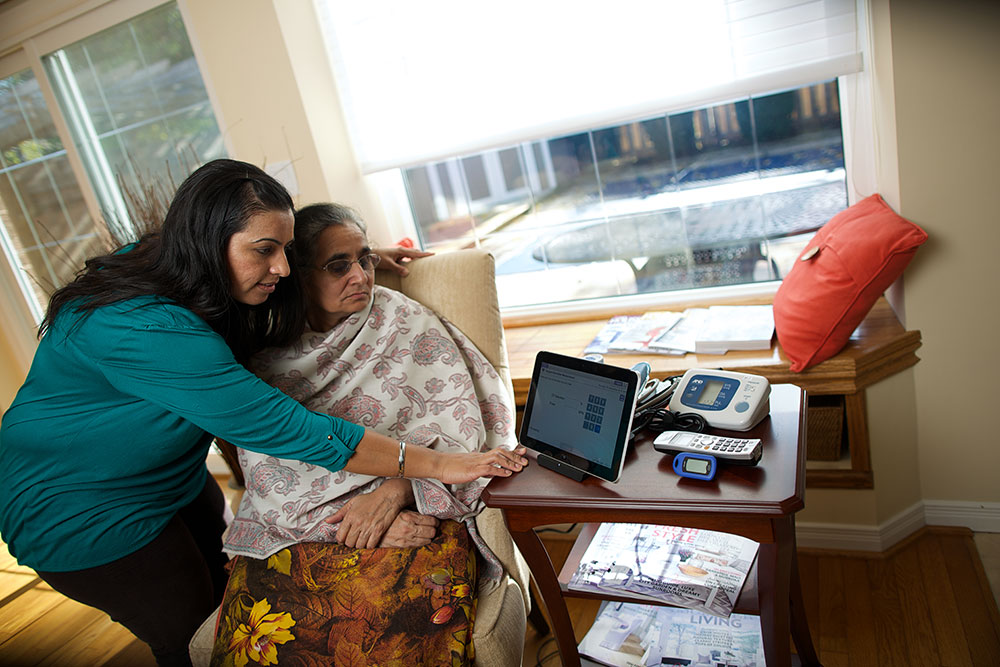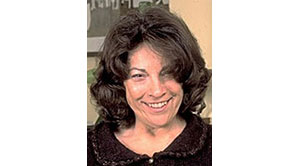Among the many score of floral tributes at my great grandfather’s funeral – he had eight devoted children – was a full-sized rocking chair made entirely of flowers. Leaning against one arm of the chair, a floral version of his cane. They were emblematic of the last decade of his life; it was the way we always knew him, saw him. He was 88 when he died.

I often think of his life and his death as I chat with various sandwich-generation friends who are exhausted and defeated by the responsibility they feel for their aging parents.
How different are their parents’ last chapters than my great-grandfather’s or even my grandparents’. Having worked hard all of their lives, they were allowed – encouraged – to spend their last years figuratively or literally sitting by the fire, enjoying the solicitous care of their children and grandchildren and, sometimes, great-grandchildren, who filled their days with family chatter and treats and petitions to play checkers or hear stories.
They lived with one of their children, not alone or in an assisted living facility. Their many other children likely lived in the same neighbourhood and sent their own children over to spend the afternoon with grandma or grandpa.
But now, these natural social supports are thin on the ground. We come from smaller birth families. We are geographically dispersed. There are two careers in every family. Many families have only one adult. Children’s schedules are packed with music lessons and hockey teams and play dates. Caregiving has become less about families making small adjustments to accommodate aging parents and more about administering third-party shelter and support systems and health care, often from a distance. Worse, we have the added burden of knowing we should not let our aging loved ones rock gently away.
“She doesn’t want to leave her apartment,” one friend complains. “I can’t figure out how to get her out doing things.” Her mother is 84. Another friend fumes that her 80-year-old father doesn’t want to go out for a daily walk with the companion she hired to “walk” her father.
How complicated and difficult caregiving has become. And how pervasive. Statistics tell us that most Ontarians will be a caregiver at some point. Twenty-nine percent of the provincial population – or 3.3 million people – currently provide some form of support, assistance or care to a family member or friend.
Fortunately – and not before time -- we are beginning to see recognition that if an aging population is the tsunami that could swamp the healthcare system, volunteer caregivers represent the best seawall we have. And they need our support.
In the U.K., the massive Comic Relief fundraising effort has been providing respite money to young carers for many years. There are an estimated 7 million volunteer caregivers in the U.K., of whom 700,000 are “young carers”, under the age of 18, often solely responsible for a parent’s or sibling’s care.
And Heather McHugh, an American poet who won a $500,000 MacArthur Foundation Genius Grant, used the money to set up a charity that provides respite holidays for people who have been caring for loved ones for more than 10 years.
Closer to home, The Change Foundation’s strategic focus for 2015-2020 is the caregiver. In fact, this healthcare think tank calls family caregivers the glue holding the healthcare system together. The foundation’s goal is to improve the experience of family caregivers as they help a family member transition through and interact with Ontario’s health and community care systems.
Of course, not all caregivers addressed by these initiatives are dealing with aging parents; many friends and family members requiring care are disabled or suffering from debilitating disease. But my own concern here is the population of caregivers OTN can support through Telehomecare, one of the iterations of virtual healthcare that just might help brace up that seawall of caregivers. Volunteer caregivers are vital to the maintenance of a sustainable healthcare system. Expanding Telehomecare – both in scope and universality – is bound to make their lives – not to mention the lives of their loved ones – better and easier.






